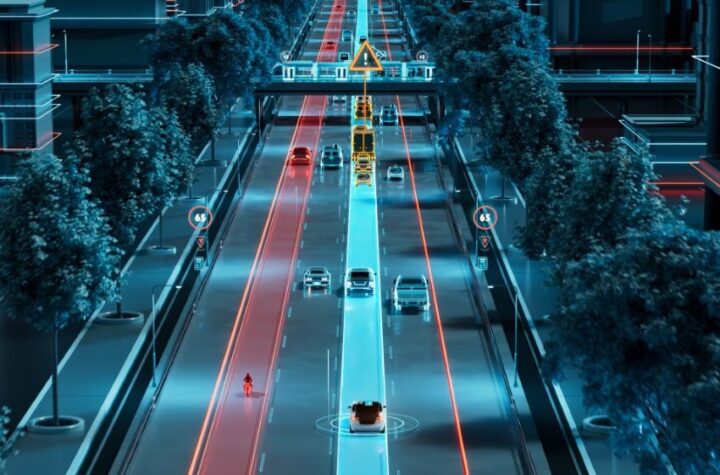
American lithium-ion battery producer EnerDel announced today that it will supply the advanced battery systems at the heart of a groundbreaking project linking up all of the essential building blocks needed to integrate the smart grid, electric vehicles and renewable energy technologies. It will be the first time that EVs, stationary grid storage, solar power and rapid charging infrastructure are combined in a real-world operating environment.
Located outside Tokyo in Tsukuba City, Japan – a major center for scientific R&D – the project involves more than a dozen major partners from around the globe, including Mazda Motor Corporation and the Japanese industrial trading giant Itochu Corporation, and illustrates the competitive opportunities that exist for EnerDel in the global clean tech marketplace.
“This is by far the most comprehensive integration of smart grid and EV technologies ever undertaken, and it represents a tremendous milestone,” said Charles Gassenheimer, Chairman and CEO of EnerDel parent company Ener1, Inc. (NASDAQ:HEV). “We are very excited to be standing at the crossroads between these rapidly converging industries with high-performance battery systems that shine in both grid and automotive applications.”
Scheduled to come online in March of 2010, the effort involves a set of Mazda vehicles specially converted to electric drive using EnerDel batteries and drivetrain components from longtime EnerDel customer Think Global that will be offered to the public through a car-sharing service akin to America’s Zipcar. The compact 5-door Mazda Demios (sold outside Japan as the Mazda2) will be based at a Family Mart convenience store equipped with solar panels, high-speed recharging stations and a stationary battery array used to move energy to and from the electric grid.
The unique combination of on-site battery storage with rapid charging allows the use of direct current throughout the system, sharply reducing the amount of time needed to charge a vehicle. It also allows users to recharge without drawing power from the grid, a significant advantage at peak load times. The project will use a 24-kilowatt-hour battery pack initially designed for the Think City EV to demonstrate that automotive systems can be used in stationary applications without major modification.
Once the batteries are cycled through their useful vehicular lifespan, the project will showcase their valuable afterlife in stationary grid applications, where operating parameters are much less taxing. A viable battery aftermarket would significantly lower costs for both automotive and utility buyers.
“This is the second big opportunity we have had to work with our partners at Think Global to develop a complete drivetrain system for a third party customer,” Gassenheimer said. “EnerDel has worked hard to build upstream and downstream relationships with the industry’s leading companies around the world that give us a crucial edge as these growing markets converge.”
Itochu, for example, is EnerDel’s official sales and marketing partner in Japan, and has been a significant investor in Ener1 since 2003. In July, EnerDel and Itochu joined forces with longtime EnerDel customer Think Global to convert electric drive delivery trucks for Japan’s postal service. Itochu is also the largest shareholder in Family Mart, which has more than 14,000 stores across Asia. The $90 billion conglomerate has deep ties to the automotive, utility and renewable energy industries, and is the largest global reseller of manufacturing equipment for lithium-ion battery production, providing EnerDel with unique access to specialized equipment and material markets.
EnerDel is based in Indianapolis, IN. The company has one of the most advanced lithium-ion battery manufacturing facilities in the world, and the only one of its kind in the United States.
ABOUT ENER1
Ener1 develops and manufactures compact, high performance lithium-ion batteries to power the next generation of hybrid, plug-in hybrid and pure electric vehicles. The publicly traded company (NASDAQ:HEV) is led by an experienced team of engineers and energy system experts at its EnerDel subsidiary located in Indiana. In addition to the automobile market, applications for Ener1 lithium-ion battery technology include the military, grid storage and other growing markets. Ener1 also develops commercial fuel cell products through its EnerFuel subsidiary and nanotechnology-based materials and manufacturing processes for batteries and other applications through its NanoEner subsidiary.




More Stories
Bangkok International Motor Show 2025 – The Talk of Sensuous Automotive
Earn GHG reduction values through MOL Pure Car Carrier “Book and Claim (B&C)” service
Automotive Industries (AI) Newsletter